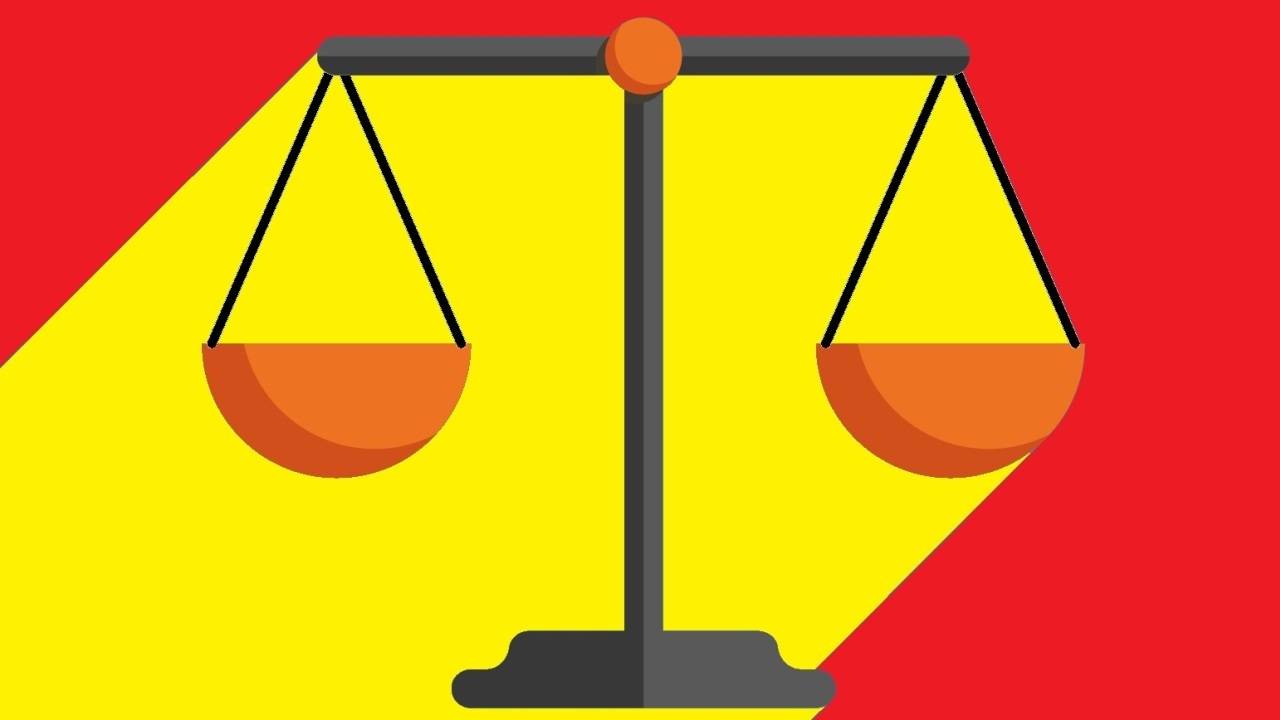AGO v. COURT OP APPEALS (G. R. No. L-17898. October 31, 1962)

116 Phil. 839 [ G. R. No. L-17898. October 31, 1962 ] PASTOR D. AGO, PETITIONER, VS. THE HON. COURT OP APPEALS, HON. MONTANO A. ORTIZ, JUDGE OF THE COURT OF FIRST INSTANCE OF AGUSAN, THE PROVINCIAL SHERIFF OF SURIGAO AND GRACE PARK ENGINEERING, INC., RESPONDENTS. D E C I S I O N LABRADOR, J.: Appeal by certiorari to review the decision of respondent Court of Appeals in CA-G.R. No. 26723-R entitled "Pastor D. Ago. vs. The Provincial Sheriff of Surigao, et al." which in part reads: "In this case for certiorari and prohibition with preliminary injunction, it appears from the records that the respondent Judge of the Court of First Instance of Agusan rendered judgment (Annex 'A') in open court on January 28, 1959, basing said judgment on a compromise agreement between the parties. "On August 15, 1959, upon petition, the Court of First Instance issued a writ of execution. "Petitioner's motion for reconsideration dated October 12, 1959 alleges t...




